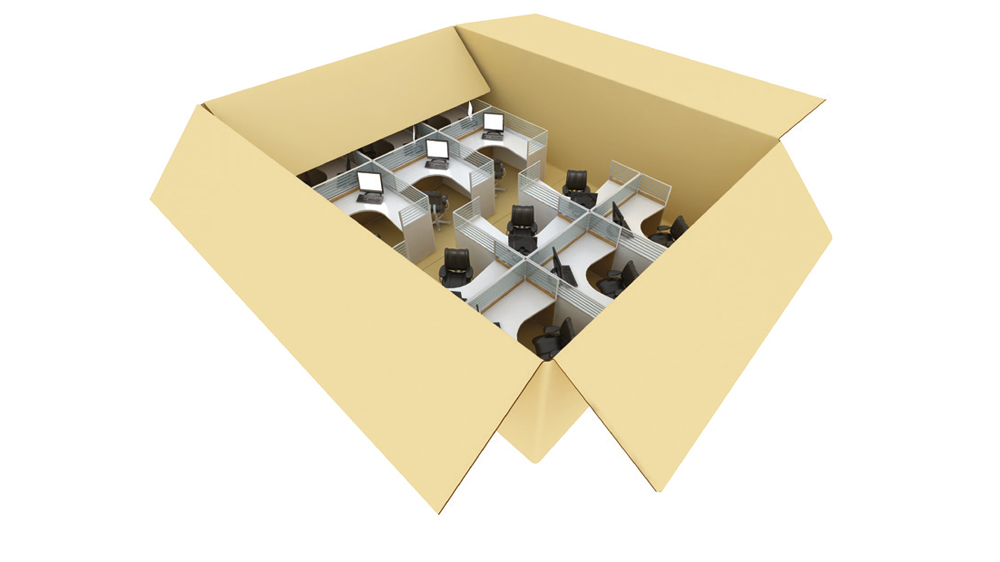There are occasions when your boss gives you the task of looking for new premises because the company has outgrown its existing office, the company wants to relocate for better business opportunities, or simply because the rents are too high, but where do you start? It may seem a little daunting, with lots of factors to consider from how much space you need, local amenities and transport links to the style and specification of the office space. Juggling this with your daily workload can sometimes prove an exhaustive task no matter how organised you are. Allsop’s property expert Rachel Lockhart, provides a comprehensive guide on what to consider when moving offices.
You’re in safe hands with Rachel’s advice – she has helped many businesses find new office spaces in the City of London and its fringes, as well as renegotiate new rental terms with landlords, which leaves you more time to help your boss run his business rather than trawling the streets for ‘To Let’ boards or searching the web.
1 Look sooner rather than later
The amount of time you’ll need to find new premises varies, but the larger the amount of space you want, the more difficult it is to find. So while six months might be enough for a smaller move, if you’re looking for 40,000 square feet and up, start 18 months to two years before you move.
This can be difficult for some companies because of uncertainty over how much space they’ll need in the future – but it means they’re limiting their choices considerably.
If you think you might eventually need more space, choose a bigger building and look at sub-letting or assigning.
2 Ask the experts
Searching the internet is a good first step. However, listings can often go out of date quite quickly. Rather than wasting time when you’ve got a to-do list as long as your arm, consult a professional property adviser.
The commercial property market is more complex and hard to access. If you’re unrepresented, you won’t know how many people are looking at a building and how much space is available.
Property consultants use their market knowledge to identify premises that are suitable and can bring you ‘off-plan’ options that haven’t come on the market yet.
3 Be flexible
If you haven’t moved offices in the last five years, you may be unaware of how much rents have moved on; you could even be paying more for your space than what is typical for your area.
To accommodate higher rents, tenants need to be flexible – and this is already happening in Central London. We’re finding Clerkenwell tenants moving to Shoreditch and Shoreditch people moving to Hackney and London Fields, as the tradition of having certain types of industries concentrated in particular areas breaks down.
4 Balance image with practicality
Companies want to attract the best young talent and to do that they feel they have to provide offices that compete with Google’s. Plus, if you’ve spent hundreds of thousands on your brand, your office has to reflect it. But you need to balance image with practicality. Don’t get carried away but instead find an office where you can both promote your brand and occupy the space efficiently.
5 Move quickly
In the current market where there’s so much demand and so little supply, tenants need to move quickly and appropriately. Balancing the need to take enough space for growth with your budget is a business decision, but it’s one you need to take without debating too long – otherwise you can find yourself left with no options and having to start the whole process again.
Rachel has 10 years’ experience working in Allsop’s City Agency team providing acquisition and disposal advice to both landlords and tenants. Rachel was promoted to Senior Surveyor in 2007 and Associate in 2010. Find out more at allsop.co.uk
















